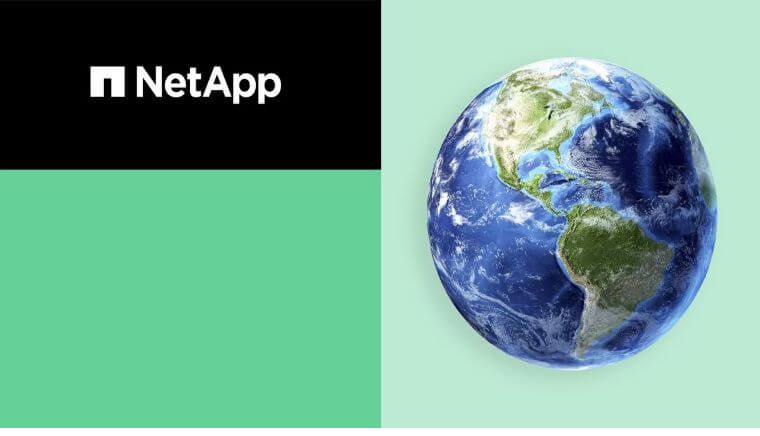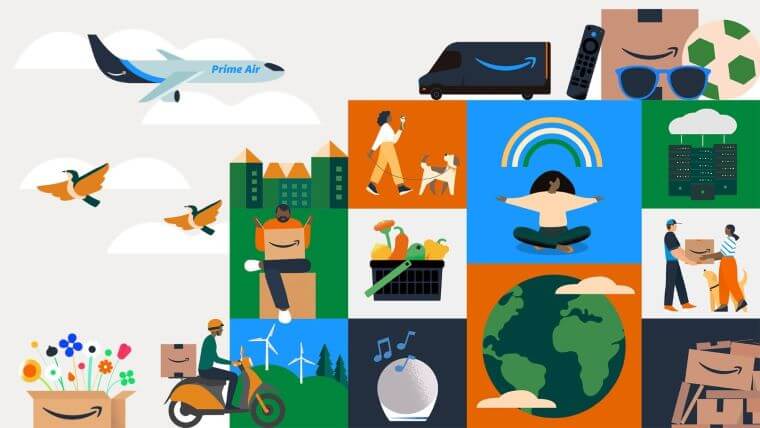The News: Samsung and Orange recently announced a series of new initiatives that expand their long-term strategic partnership to enhance Samsung Galaxy user experiences across Europe. Read the full Press Release from the Samsung newsroom here.
Samsung and Orange Expand Partnership, Focus on Sustainability, Extended Product Lifecycle, and Improved Customer Experience
Analyst Take: The extension of the partnership between Samsung and Orange is focused on collaborating on sustainability initiatives, which include extending the lifecycle of mobile devices, testing to prep for 5G standalone (SA) services, and a commitment to enhancing customer experiences with their mobile devices.
Some specifics on the collaboration include:
- A commitment to work toward the reduction of e-waste attributable to Samsung mobile devices distributed by Orange by extending the lifecycle of a typical product. Orange will offer an extension on the trade-in and the collection programs on used Samsung devices and add a Samsung Certified Refurbished device program through Orange channels.
- Leveraging the implementation of the Eco-Rating methodology, a pan-industry initiative driven by a consortium of European mobile operators, across Samsung Galaxy smartphones. The new rating will evaluate the environmental impact of the mobile phones during their entire lifecycle from design to disposal, allowing Samsung and Orange to implement further improvements.
- Samsung and Orange are also preparing for the deployment of advanced 5G standalone (SA) services. The collaboration will see the implementation of end-to-end testing of Samsung devices and technology such as network slicing and voice over Orange’s 5G SA test networks. The process will explore new use-cases made possible through 5G SA network capabilities to support both advanced industrial and entertainment-related services.
- Samsung and Orange are also strengthening their collaboration to bring a connected experience powered by Samsung Galaxy devices to Orange customers.
E-Waste is a Big Problem, This Samsung Orange Collaboration Addresses That
This move between Samsung and Orange, joining in seeking ways of combating the e-waste problem — a major global issue — is something to get excited about. According to the ITU, global e-waste (electronic waste) accounted for 53.6 million metric tonnes in 2019 and that figure is expected to soar to 74.7 metric tonnes by 2030.
There were over a billion smartphones shipped globally in 2021 and those numbers should remain in that ballpark over the next few years for myriad reasons. First, on average, the lifespan of a smartphone continues to decline at or below 2.5 years (some countries that is much lower) as consumers and businesses continue gravitate towards better connectivity, rich feature-sets (e.g., better camera) and new form factors (e.g., foldables). Second, as more firms have adopted work-from-home or hybrid policies, today’s employees are using a combination of their handset devices (e.g., BYOD) and collaboration applications for business communication. Better camera features and new form factors such as foldables will allow consumers to sit the phone on their desk similar to a clamshell notebook and have a better video conferencing experience from their smartphone.
The Market for Refurbished Smartphones is Big — and Growing
The deal between Samsung and Orange will also propel the market for refurbished smartphones, expected to be worth $65 billion in 2024 outpacing growth of traditional IT spending. As retailers such as Orange accelerate their trade-in or upgrade programs, this is also accelerating the growth of reverse logistics and ITAD services. A good portion of the refurbished gear also moves to other countries where first or second generation devices are needed and more affordable.
In my opinion, growth of the refurbished market will continue to flourish in the IT/CE markets across myriad channels (e.g., retailer, dot-coms, resellers, distributors, manufacturers, etc.) for many reasons. First, I expect hardware-as-a-service or device-as-a-service strategies from leading vendors to accelerate growth in the future. For example, when a firm is finished using an asset, they may choose to upgrade to a newer model with a better feature versus a firm with limited a budget (e.g., non-profit, etc.) and may be okay with a first or second-generation product. In the example of the refurbished PC market, it is also worth several billion dollars globally and leading vendors have strategies around it. Second, legislation that has been proposed such as right-to-repair could also be a boon for the secondary market coupled with vendors building a ramp for new product introductions for their own partner ecosystem in the future. Since the early days of the indirect channel, many resellers got their start repairing devices in their garages and then started their own brick-and-mortar stores selling new, refurbished, rent-to-own or providing break-fix services to consumers and businesses and those services are still very much in demand.
Better Customer Experiences Are Always a Good Thing
Another part of this Samsung Orange partnership is focused on delivering on the customer experience front, bringing a connected experience powered by Samsung Galaxy to Orange customers. This is designed to be an immersive, seamless mobile experience for end users and also provide a better digital activation experience for Orange customers through Samsung smartphone personalization. Samsung and Orange will also generalize the deployment of eSIM activation to more Samsung devices connected to the Orange network, which will both simplify user experience but also reduce plastic-based SIM cards used by Orange customers in Europe.
The companies’ collaboration on 5G standalone services is intended to explore new use cases that are made possible through 5G SA network capabilities, which will support entertainment-related services as well as advanced industrial services.
In summary, the Samsung and Orange partnership is an excellent example of a vendor and retailer making a commitment to sustainability initiatives, and in this instance, working hard to reduce e-waste, which is something that needs to be accelerated across more categories and channels. The refurbished market is large and growing and trends such as device-as-a-service should propel it in the future. Remember, not all businesses and customer segments have the disposable income or capital to upgrade to devices that are premium in nature when they are released.
Good Equals Progress provides industry research and analysis on the topics of Environmental, Social, and Governance (ESG) and Diversity, Equity, and Inclusion (DEI). These columns are for educational purposes only and should not be considered in any way investment advice.
Other insights from Good Equals Progress:
T-Mobile Hits 100% Renewable Energy Goal: Boosts Sustainability Credentials of Mobile Industry
IBM Acquires Envizi Adding to its Environmental Social Governance Portfolio








